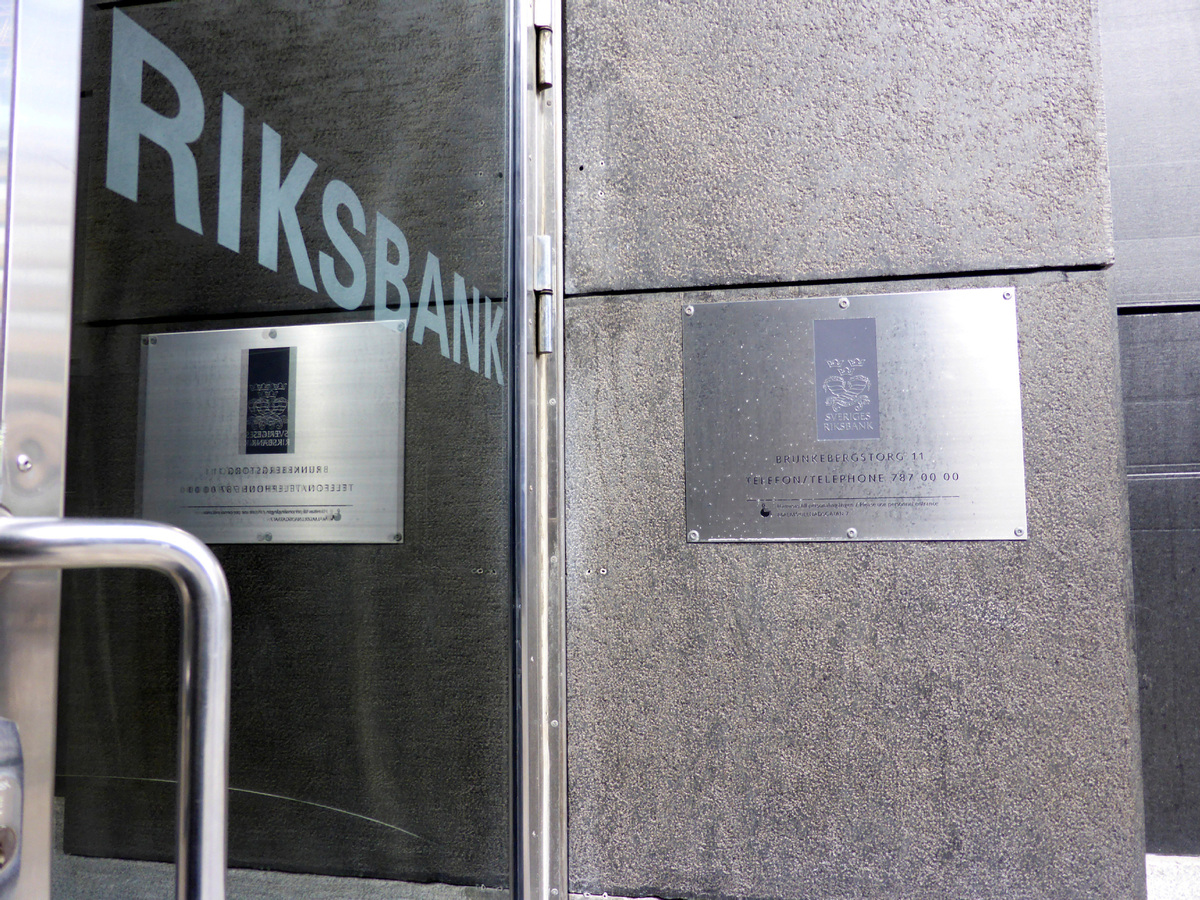Sweden's central bank makes new rate cut
By Jonathan Powell in London | China Daily Global | Updated: 2024-08-22 01:25

In an effort to stimulate its slow-moving economy, Sweden's central bank has again lowered interest rates and suggested the possibility of several more rate reductions this year.
The Riksbank decreased its key interest rate by a quarter percentage point to 3.5 percent on Tuesday, which is the second time this year it has lowered borrowing costs.
Major central banks, including the US Federal Reserve, have been maintaining high interest rates to combat inflation, although the European Central Bank and the Bank of England made their first cuts in several years this summer, signaling a potential shift in global monetary policy.
Being outside the eurozone enables Sweden to have its own central bank and set its own monetary policy, allowing it to adjust interest rates based on its specific economic conditions.
"If the inflation outlook remains the same, the policy rate can be cut two or three more times this year, which is somewhat faster than the executive board assessed in June," the Swedish central bank said in a statement.
Recent months have seen Sweden's inflation rate drop below its 2 percent target, coupled with the economic slowdown. The bank justified its decision by citing sluggish economic growth both domestically and internationally.
Cited by Euronews, Lars Jonung, professor emeritus at the Knut Wicksell Centre for Financial Studies at Lund University, said: "The prime driver of the reduction is the decline of the Swedish inflation rate … which is close to the inflation target of the Riksbank of 2 percent.
"A secondary reason is that the Swedish economy is not booming, but rather Sweden is in a recession with a high rate of unemployment, one of the highest in the EU."
Euronews noted that Sweden's economy, which is characterized by its heavy reliance on international trade and high household debt, is particularly vulnerable to monetary policy fluctuations. Changes in rates directly impact mortgage payments, consequently suppressing consumer spending.
The largest Nordic economy has seen housing prices plummet, partly due to the prevalence of short-term fixed-rate mortgages, reported the Financial Times newspaper.
Sweden's economy has been among the weakest in Europe this year, with the country's statistics agency recently warning that multiple indicators suggest the nation is experiencing a "clear recession", said the paper.
The FT cited economists at Nordea, the region's largest bank, as saying "there are simply few arguments to keep the policy rate at restrictive levels as inflation is under control, the labor market is weakening, and global rates have come down, reducing the depreciation pressure on the krona exchange rates".
The Riksbank began its rate-cutting cycle in May, being among the first central banks to do so in nearly eight years. It maintained its key rate at 3.75 percent in June, hinting at potential future cuts due to decreasing price pressures.
Sweden's rate move comes as financial experts anticipate potential interest rate reductions from the European Central Bank and the US Federal Reserve during their upcoming September meetings, said the FT.
























